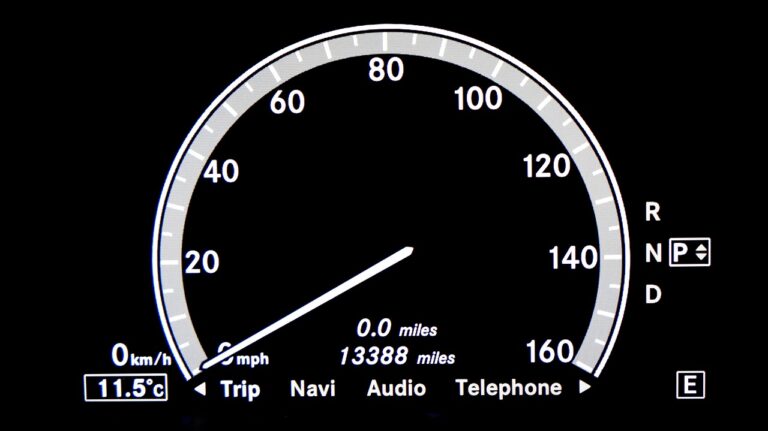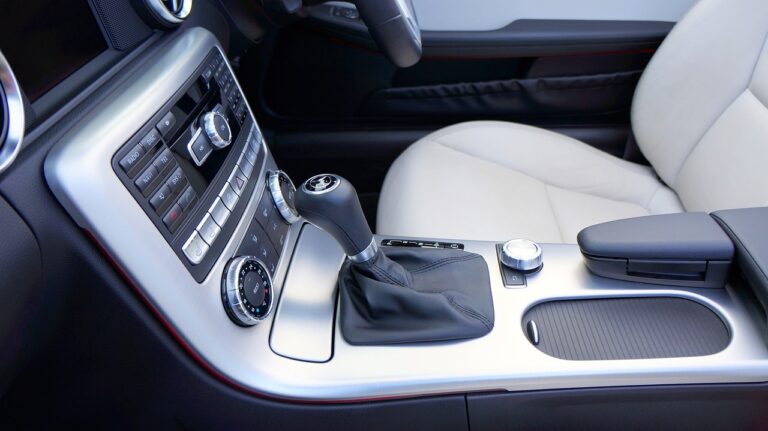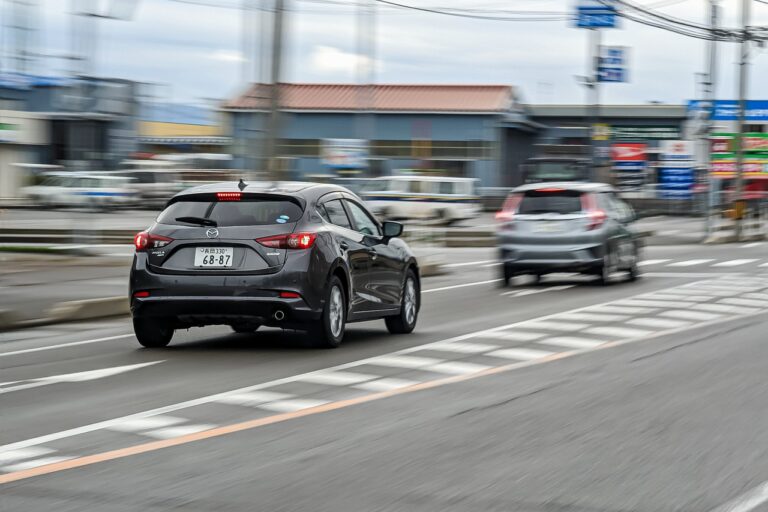The Impact of Natural Disasters on Automotive Supply Chains: World777 id, 11xplay, 247 betbook
world777 id, 11xplay, 247 betbook: Natural disasters can wreak havoc on many facets of society, and the automotive industry is no exception. The impact of natural disasters on automotive supply chains can be significant, causing delays in production, disruptions in delivery schedules, and ultimately leading to financial losses for companies involved in the industry.
One of the key ways that natural disasters affect automotive supply chains is through the disruption of transportation networks. Roads may be damaged, ports may be closed, and airports may be inaccessible, making it difficult for raw materials and finished products to be transported to and from manufacturing facilities. This can lead to delays in production and delivery, as well as increased costs for companies that are forced to find alternative transportation routes.
In addition to transportation disruptions, natural disasters can also directly impact manufacturing facilities. Earthquakes, hurricanes, and floods can damage factories, machinery, and equipment, leading to downtime and reduced production capacity. This can result in delays in fulfilling orders and meeting customer demand, as well as increased costs for repairs and maintenance.
Furthermore, natural disasters can also affect the availability of raw materials and components needed for automotive production. Suppliers may be located in areas that are directly impacted by the disaster, leading to shortages and delays in the supply chain. This can result in production bottlenecks, increased lead times, and ultimately, lost revenue for automotive companies.
Overall, the impact of natural disasters on automotive supply chains can be far-reaching and long-lasting. Companies in the industry must be prepared to deal with these challenges by implementing risk management strategies, diversifying their supplier base, and developing contingency plans to mitigate the effects of future disasters.
#How can automotive companies mitigate the impact of natural disasters on their supply chains?
Automotive companies can mitigate the impact of natural disasters on their supply chains by implementing several key strategies. One approach is to diversify their supplier base, working with multiple suppliers located in different regions to reduce the risk of disruptions caused by a single disaster. Companies can also invest in technology and data analytics to improve visibility and transparency in their supply chains, allowing them to better anticipate and respond to disruptions in real-time. Additionally, companies can develop contingency plans and risk management strategies to prepare for potential disasters, ensuring that they have the resources and flexibility to respond effectively when a crisis occurs.
#What are some examples of natural disasters that have impacted automotive supply chains in the past?
There have been several instances where natural disasters have had a significant impact on automotive supply chains. For example, the earthquake and tsunami that struck Japan in 2011 disrupted production at many automotive plants in the country, leading to shortages of parts and components for companies around the world. Similarly, Hurricanes Katrina and Harvey in the United States caused widespread damage to infrastructure and transportation networks, leading to delays in production and distribution for many automotive companies.
#How can automotive companies work with their suppliers to build resilience in their supply chains?
Automotive companies can work with their suppliers to build resilience in their supply chains by fostering strong relationships based on trust, transparency, and collaboration. Companies can engage with their suppliers to identify potential risks and vulnerabilities in the supply chain, develop contingency plans, and implement measures to improve agility and flexibility in responding to disruptions. By working together, companies and their suppliers can build a more resilient supply chain that is better equipped to withstand the impact of natural disasters and other unforeseen events.
In conclusion, the impact of natural disasters on automotive supply chains can be significant, leading to disruptions in production, delays in delivery, and increased costs for companies in the industry. By implementing risk management strategies, diversifying supplier bases, and developing contingency plans, automotive companies can mitigate the effects of disasters on their supply chains and build a more resilient and adaptive business model for the future.







